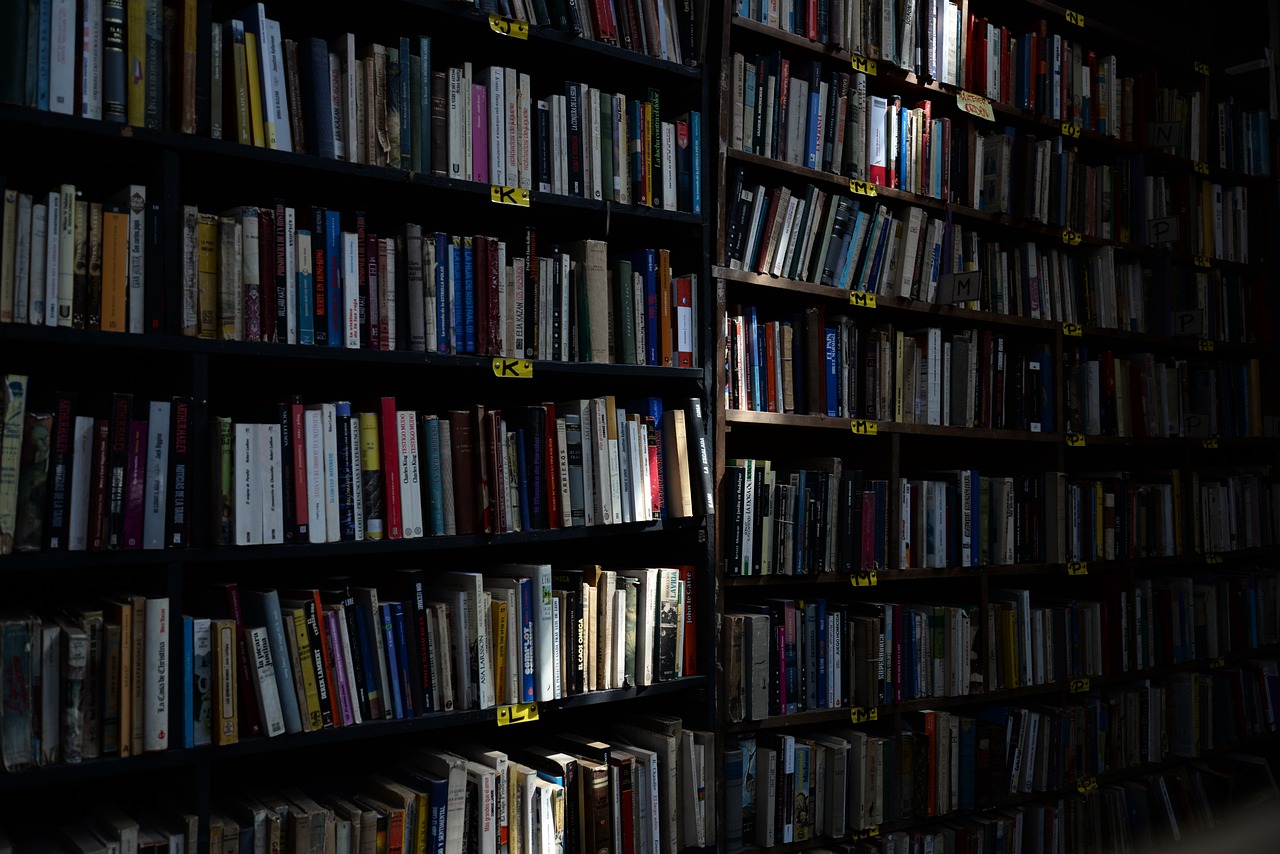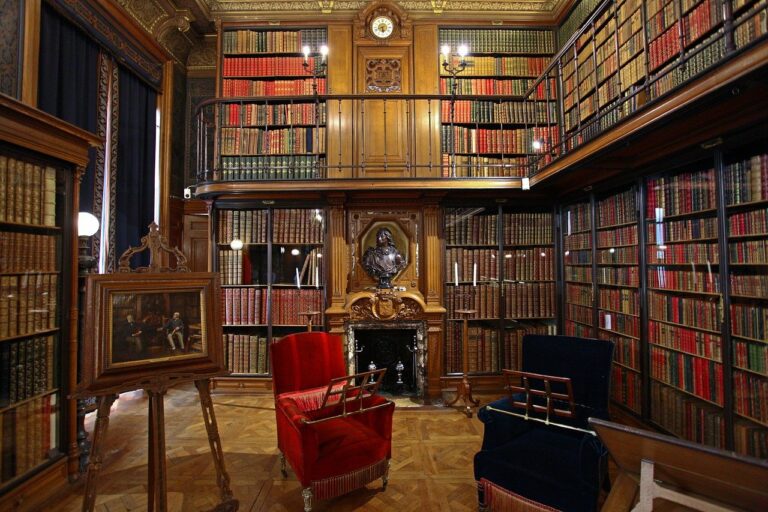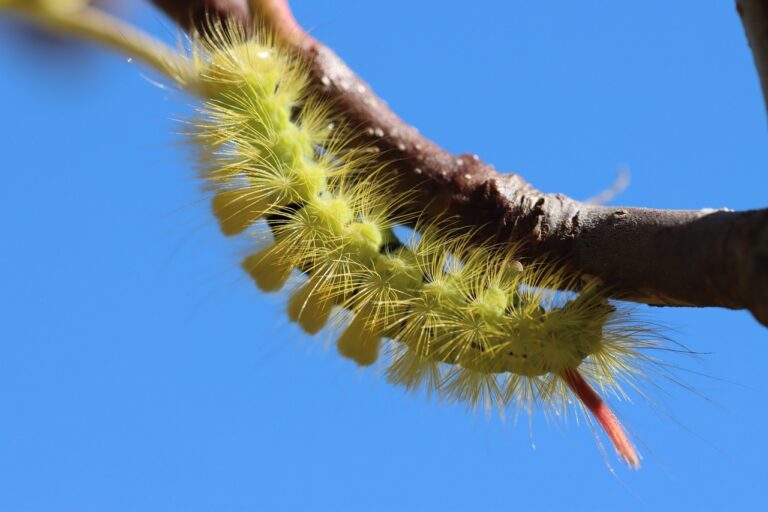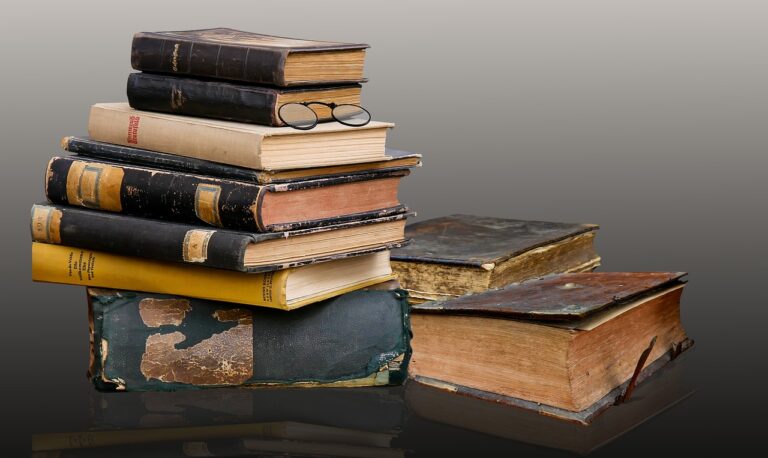Assessing 21st Century Skills in Early Childhood Education: Tigerexchange 247.com, Golden 77.com, Sky 99 exch com login
tigerexchange 247.com, golden 77.com, sky 99 exch com login: In today’s rapidly evolving world, early childhood education plays a crucial role in preparing young children for success in the 21st century. As we continue to move towards a digital and globalized society, it has become increasingly important to assess and develop 21st-century skills in young learners to ensure they are equipped with the tools necessary to thrive in the future.
Assessing 21st-century skills in early childhood education goes beyond traditional measures of academic achievement. While literacy and numeracy skills are still important, educators must also focus on cultivating skills such as critical thinking, problem-solving, creativity, communication, collaboration, adaptability, and digital literacy.
Here are some key strategies for assessing 21st-century skills in early childhood education:
1. Observational Assessment: Teachers can use observational assessments to observe how children engage in problem-solving activities, communicate and collaborate with peers, and demonstrate creativity in their learning. By observing children in various settings, educators can gain valuable insights into their 21st-century skills development.
2. Project-Based Learning: Project-based learning can be an effective way to assess 21st-century skills in young learners. Through hands-on projects, children can demonstrate their ability to think critically, work collaboratively, and communicate effectively. Teachers can assess students’ skills through their interactions during the project and the quality of their final product.
3. Peer Evaluation: Encouraging peer evaluation can be a valuable tool for assessing 21st-century skills in early childhood education. By asking students to provide feedback to their peers on their project work or problem-solving activities, teachers can assess their ability to communicate effectively, collaborate with others, and think critically about their own and others’ work.
4. Digital Assessments: Incorporating digital assessments, such as online quizzes, games, and simulations, can help assess children’s digital literacy skills. By utilizing technology in assessment, educators can gauge students’ ability to navigate digital tools, find information online, and communicate through digital platforms.
5. Reflection and Self-Assessment: Encouraging children to reflect on their own learning and assess their own skills can be a powerful strategy for developing 21st-century skills. By providing opportunities for self-assessment, educators can help students become more self-aware of their strengths and areas for growth.
6. Authentic Assessment: Finally, incorporating authentic assessments that mirror real-world challenges and tasks can provide a more accurate measure of children’s 21st-century skills. By presenting students with real-world problems to solve or projects to complete, educators can assess their ability to apply their skills in meaningful contexts.
By employing a variety of assessment strategies in early childhood education, educators can ensure that children are developing the 21st-century skills they need to succeed in today’s world. By fostering critical thinking, creativity, collaboration, and digital literacy from a young age, we can help prepare the next generation for the challenges and opportunities that lie ahead.
—
FAQs
Q: How can parents support the development of 21st-century skills in their children at home?
A: Parents can support the development of 21st-century skills in their children by encouraging them to engage in creative play, problem-solving activities, and collaborative projects. Additionally, parents can limit screen time and provide opportunities for hands-on learning and exploration.
Q: Are 21st-century skills more important than traditional academic skills?
A: While traditional academic skills are still important, 21st-century skills are becoming increasingly crucial in today’s digital and globalized world. By balancing both academic and 21st-century skills development, children can be better prepared for future success.
Q: How can educators ensure they are effectively assessing 21st-century skills in early childhood education?
A: Educators can ensure they are effectively assessing 21st-century skills by utilizing a variety of assessment strategies, such as observational assessments, project-based learning, peer evaluation, digital assessments, reflection, and authentic assessments. By incorporating these approaches, educators can gain a comprehensive understanding of children’s 21st-century skills development.







